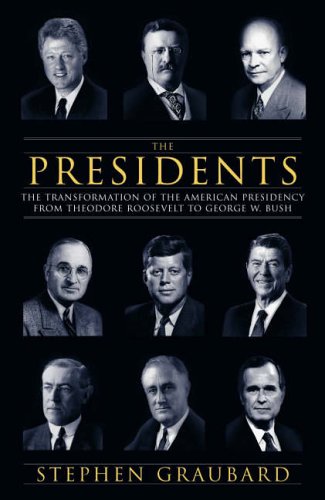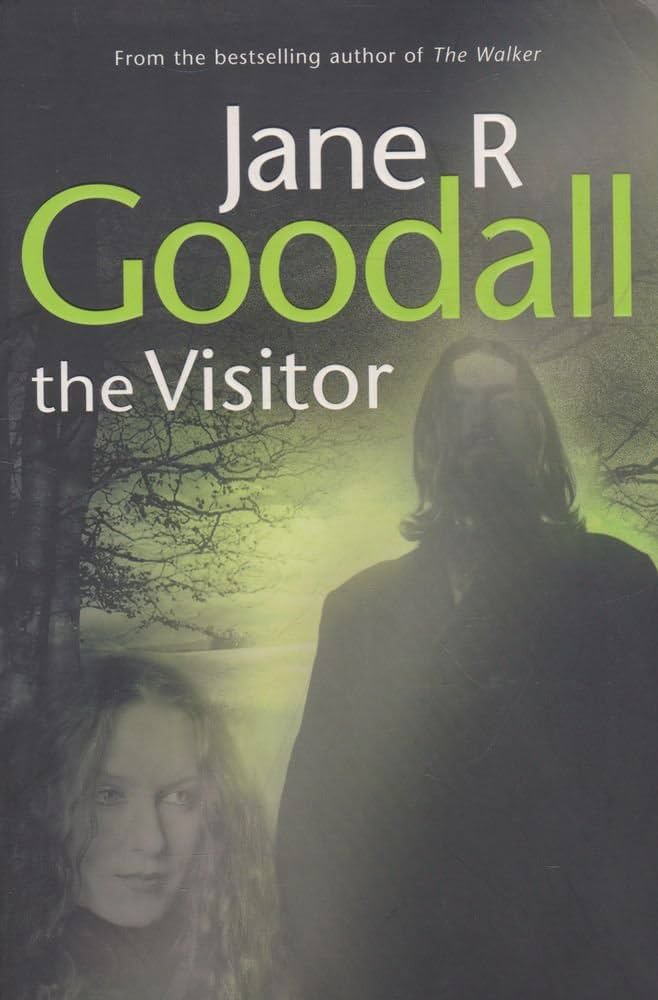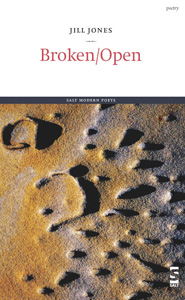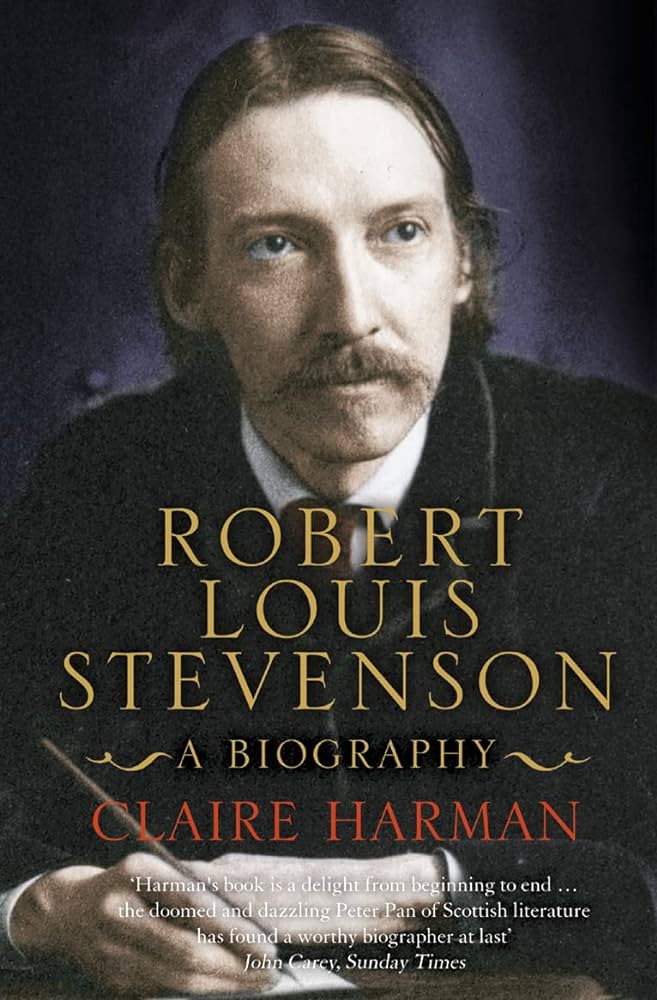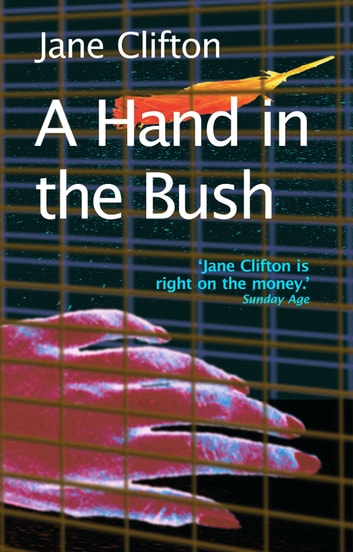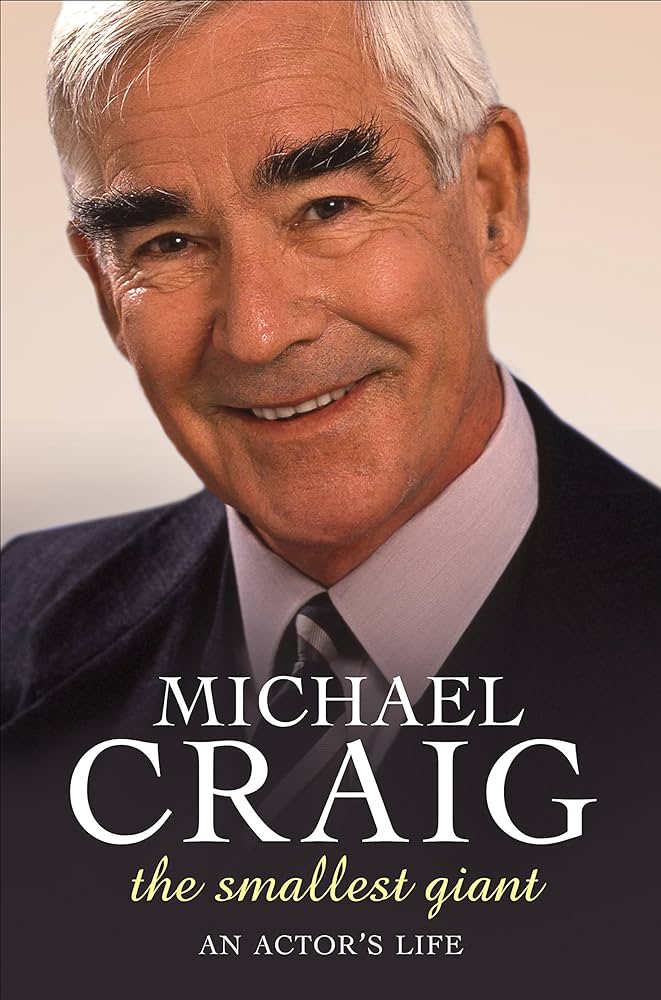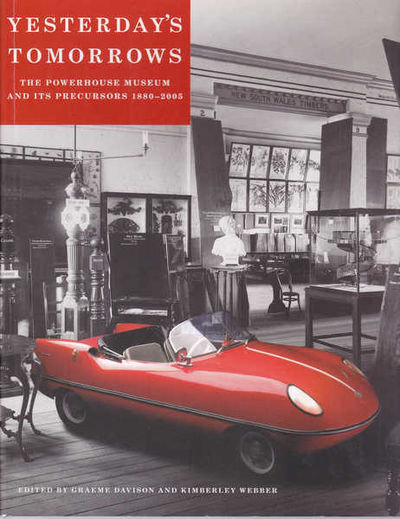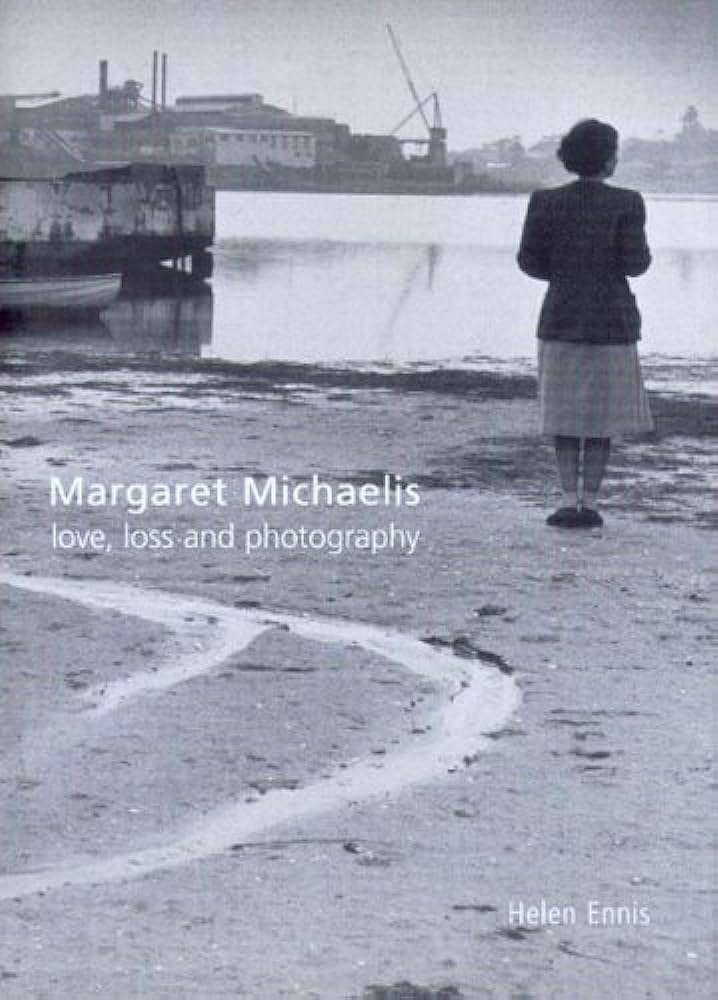Archive
Film | Theatre | Art | Opera | Music | Television | Festivals
Welcome to ABR Arts, home to some of Australia's best arts journalism. We review film, theatre, opera, music, television, art exhibitions – and more. To read ABR Arts articles in full, subscribe to ABR or take out an ABR Arts subscription. Both packages give full access to our arts reviews the moment they are published online and to our extensive arts archive.
Meanwhile, the ABR Arts e-newsletter, published every second Tuesday, will keep you up-to-date as to our recent arts reviews.
Recent reviews
The Presidents: The transformation of the presidency from Theodore Roosevelt to George W. Bush by Stephen Graubard
by Peter Haig •
Australia: Nation, belonging, and globalisation by Anthony Moran
by Tim Rowse •
A Hand in the Bush by Jane Clifton & Death by Water by Kerry Greenwood
by Jake Wilson •
Australian Literary Studies edited by Leigh Dale & Meanjin edited by Ian Britain
by James Ley •
Yesterday's Tomorrows: The Powerhouse Museum and its precursors 1880-2005 edited by Graeme Davison and Kimberley Webber
by John McPhee •
Margaret Michaelis: Love, loss and photography by Helen Ennis
by Evelyn Juers •

